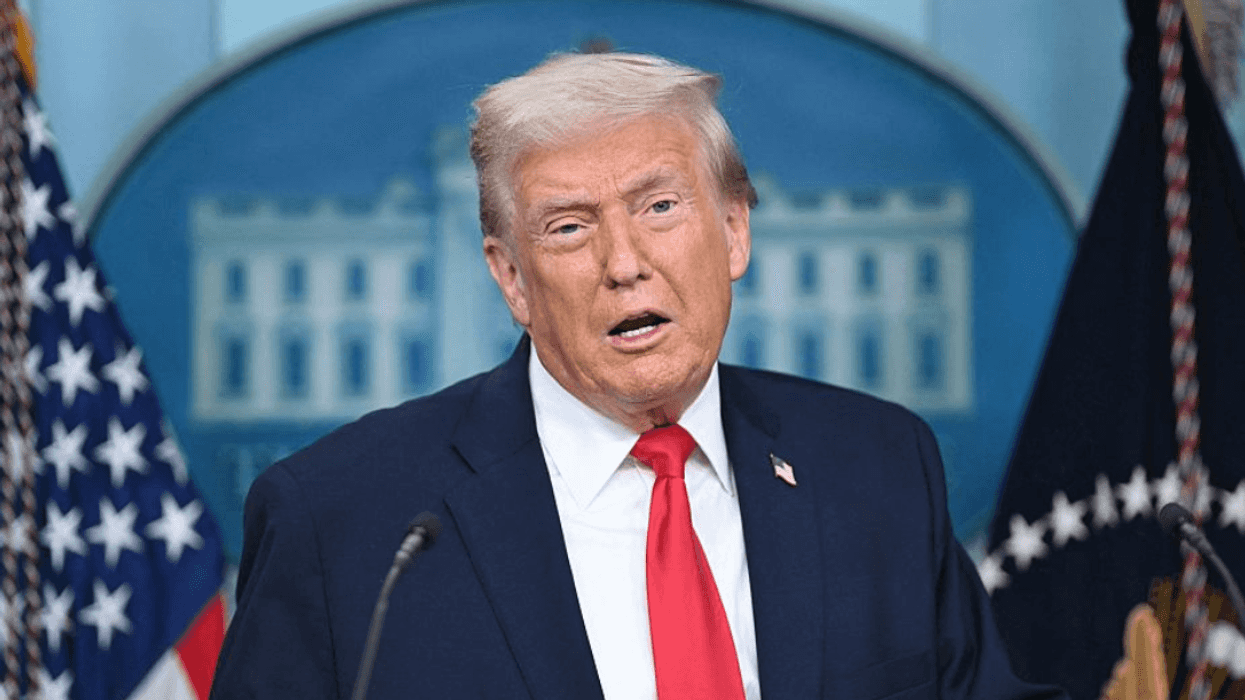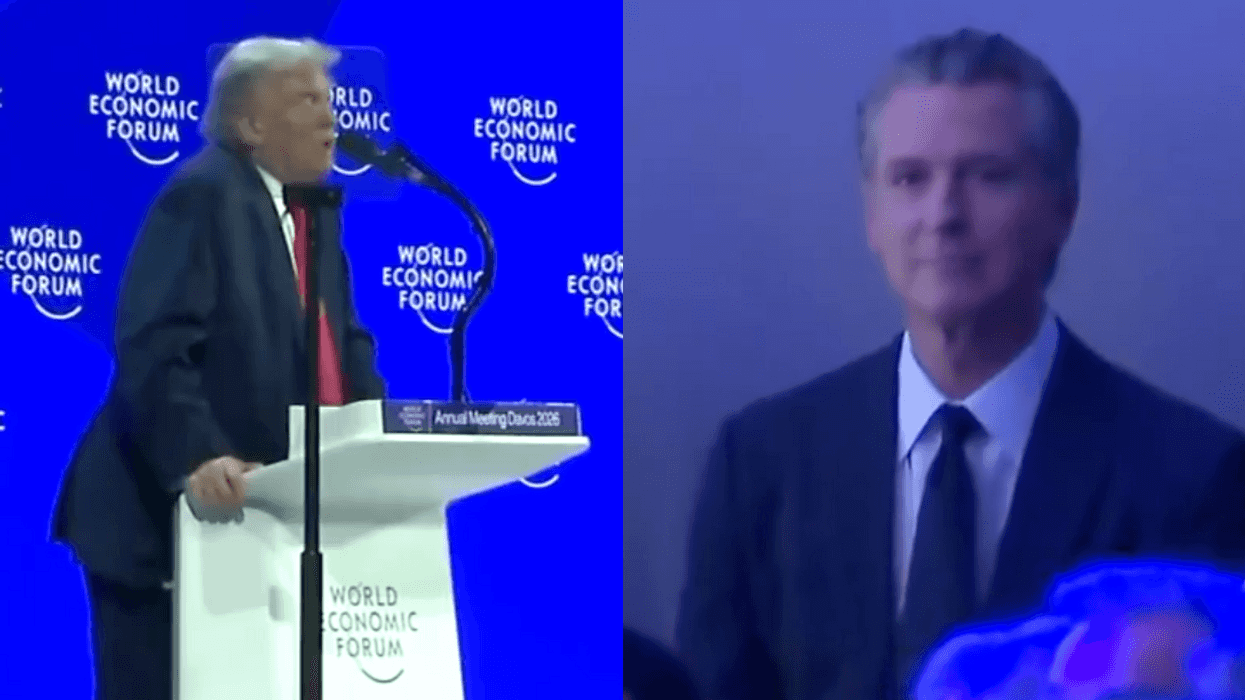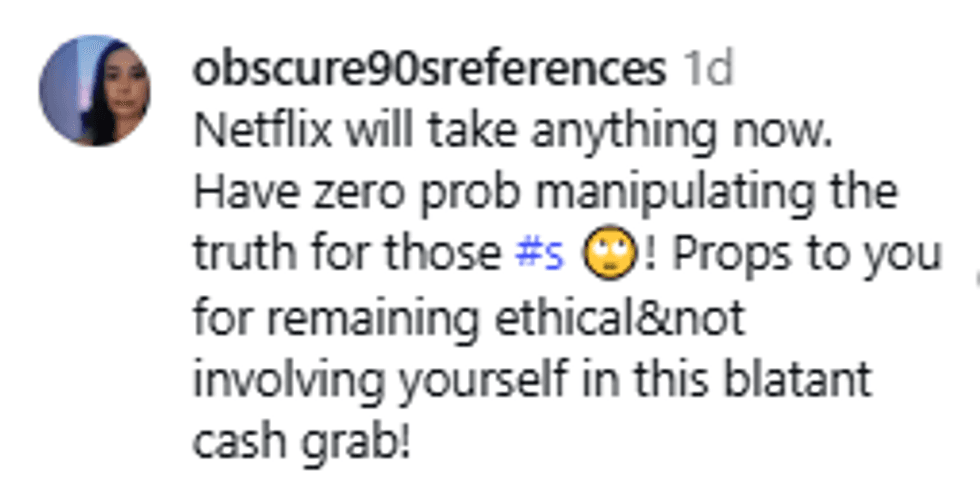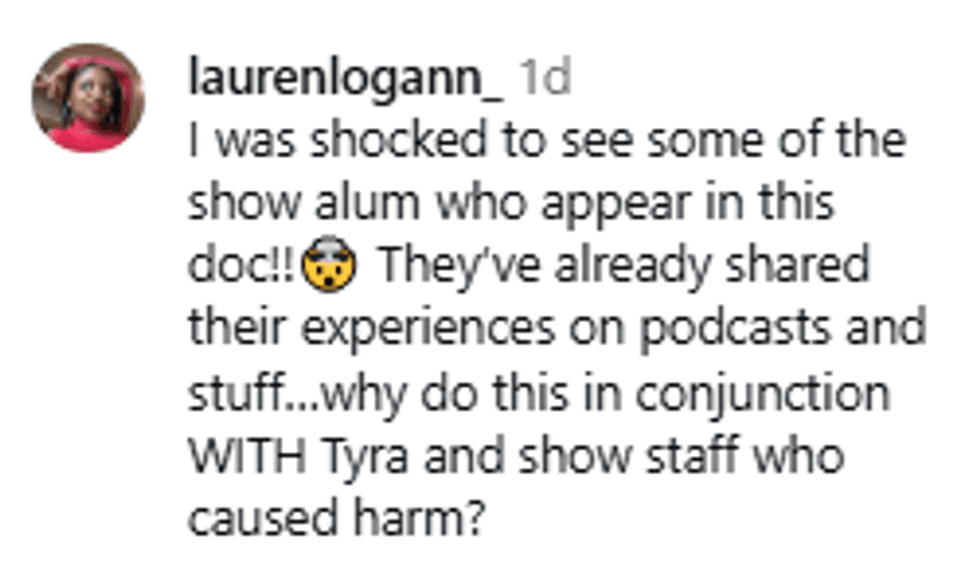After the 2016 presidential election, questions about a person losing the popular vote by millions of votes but winning the presidency again came to the forefront. Five times the winner of the most votes in the presidential election lost the presidency due to the electoral college: 1824 - John Quincy Adams, 1876 - Rutherford Hayes, 1888 - Benjamin Harrison, 2000 - George W. Bush and 2016 - Donald Trump.
Only Hayes lost by a wider percentage than President Trump. But the electoral college is part of the United States Constitution and would require an amendment to abolish.
While efforts to permanently abolish the electoral college are being pursued, several states decided to take steps that are within their own power to change without a constitutional amendment. States decide how their electoral votes are allocated.
Most states choose one of two options: the state's popular vote winner getting all of the state's electoral votes or apportioning electoral votes based on the percentage of the popular vote within the state.
But now states are adopting a new plan.
Fifteen states have joined a compact to give all of their electoral votes to whichever candidate wins the national popular vote. New Mexico joined California, Colorado, Connecticut, Delaware, the District of Columbia, Hawaii, Illinois, Massachusetts, Maryland, New Jersey, New York, Rhode Island, Vermont and Washington state in the compact.
And more states are reviewing the compact and may join as well. A similar initiative has been introduced in all 50 states at some point in history, with 23 states approving some version of it.
The current effort was created in 2006 by the National Popular Vote project (NPV). It makes the Electoral College moot, eliminating the chance of a candidate becoming President without winning the popular vote nationally.
With the addition of New Mexico, 189 electoral votes are now pledged to go to the winner of the national popular vote. A candidate requires 270 electoral votes to win the presidency.
Oregon currently has a bill in their legislature to join the compact. If it passes, seven more electoral votes would be added leaving the compact just 74 electoral votes shy of their goal.
Of the states not currently in the compact, Texas (38), Pennsylvania (20), Ohio (18), Georgia (16) and Michigan (16) have the most electoral votes.
And it appears more people are on board for a change after 2016.
According to the independent, non-partisan Cook Political Report, Hillary Clinton's final tally came in at 65,844,610 votes to Donald Trump's 62,979,636. That's a difference of 2,864,974.
People expressed their support for the winner of the popular vote winning the presidency.
People also took the opportunity to remind everyone who won the popular vote in 2016.
Those who oppose the compact claim it is unconstitutional or will eliminate the electoral college. The National Popular Vote project disputes those claims.














 @adriennecurry/Instagram
@adriennecurry/Instagram @adriennecurry/Instagram
@adriennecurry/Instagram @adriennecurry/Instagram
@adriennecurry/Instagram @adriennecurry/Instagram
@adriennecurry/Instagram @adriennecurry/Instagram
@adriennecurry/Instagram @adriennecurry/Instagram
@adriennecurry/Instagram @adriennecurry/Instagram
@adriennecurry/Instagram @adriennecurry/Instagram
@adriennecurry/Instagram @adriennecurry/Instagram
@adriennecurry/Instagram @adriennecurry/Instagram
@adriennecurry/Instagram @adriennecurry/Instagram
@adriennecurry/Instagram @adriennecurry/Instagram
@adriennecurry/Instagram @adriennecurry/Instagram
@adriennecurry/Instagram @adriennecurry/Instagram
@adriennecurry/Instagram @adriennecurry/Instagram
@adriennecurry/Instagram @adriennecurry/Instagram
@adriennecurry/Instagram @adriennecurry/Instagram
@adriennecurry/Instagram @adriennecurry/Instagram
@adriennecurry/Instagram @adriennecurry/Instagram
@adriennecurry/Instagram

